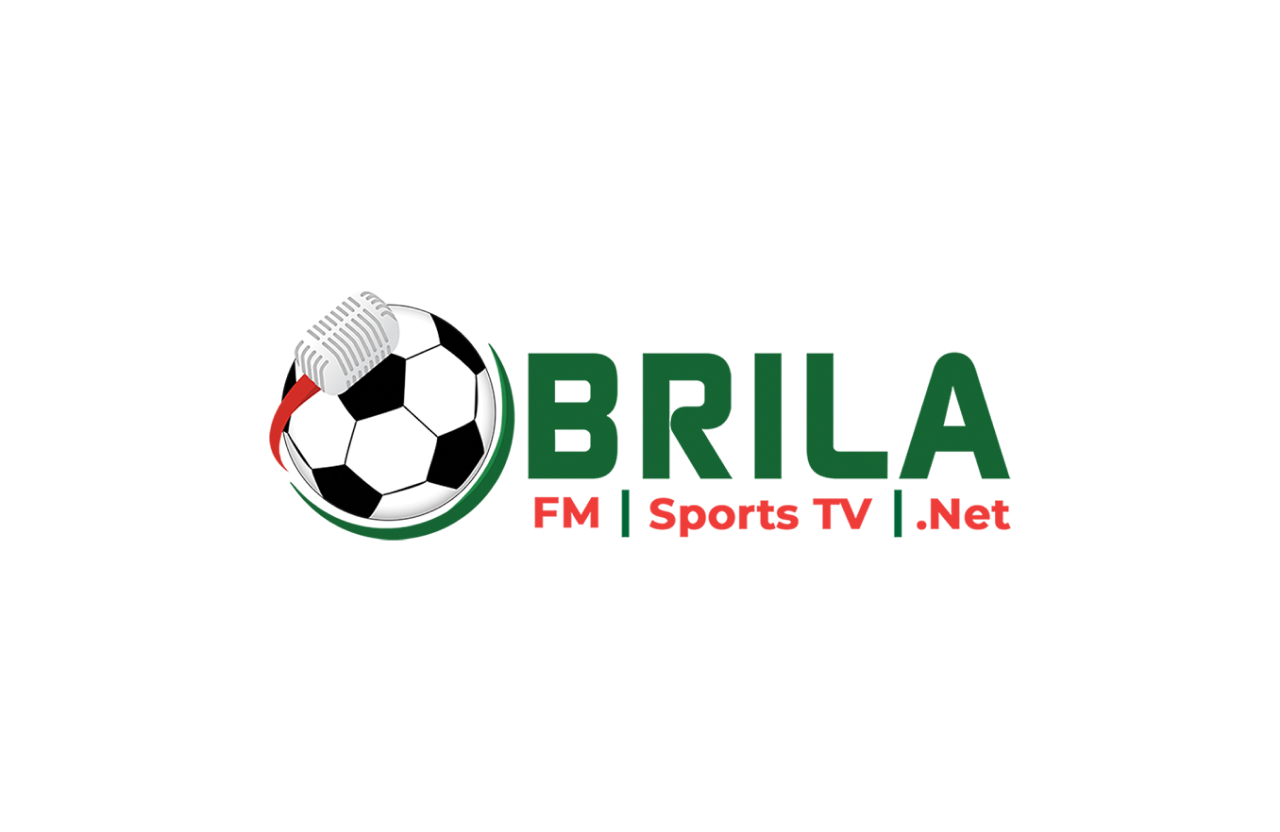In 1965, an evergreen musical was born, The Sound of Music. It explored the life of Maria, a free-spirited postulant. The opening scene sees the Mother Abbess lament to other nuns about Maria’s behavior in music; “How do you solve a problem like Maria? How do you hold a cloud and pin it down? She’s late for everything, except for every meal…” Wordings aside, it was beautiful music, each note resonating stronger than the last. However, notes and chords aside, words enliven music, and this was the case. Never had the composers thought, a personality they built in their fantasies would share striking similarities with a country, and no just any, one with a population of over two hundred million people.
A question asked daily, one that slithers through the lips of everyone from the dusty winds of the North to its moist variations down South is, “How do you solve a problem like Nigeria?”. Journalist Babafemi Raji puts it, Nigeria is a country with its peculiarities, any structure that works in any organized part of the world hits the rocks in these parts. “There are too many obstacles and bottlenecks.”, he concludes. Another Journalist, Adeyemi Adesanya looks on the brighter side but not without drawing strengths from Babafemi’s posit, “these impediments are man-made, hence subjected to a change that can be engineered by a stronger will or spirit”, he reckons. Contrasts and Comparisons with such fine lines in between.
This is Nigeria, Africa’s largest labour workforce where a large percentage of the population earns below $2 a day according to the UN. It reflects everywhere, even on its football. It is no news that the average professional footballer is expected to earn at least #150,000.00 every month ($375 on the current exchange rates), in a move by the League Management Company to make the league better in terms of welfare. It is in doubt that all clubs actually adhere to this principle, worryingly, these players are still being owed. For perspectives, an entry-level player in South Africa’s Premier Soccer League will now cart home $723, a figure impacted on by the Coronavirus pandemic. These are musings for another conversation.
The dreary part is the position of the players and clubs on the resumption of the league. It has divided opinion even in the media. Ace journalist, Fisayo Dairo attuned, “the best thing is to cancel the league at this moment, I didn’t want it, but it’s the best option.” It is hard to disagree with. In a bid to resolve the end of the league, meetings were held by stakeholders, club chairmen, virtually. four key positions were submitted; voiding the season, a super six at a single venue, completion of the league as scheduled, and completion at venues not distant from each other.
In meetings as such, personal interest is an utmost priority, the Super 6 gained more popularity, was it killing two birds with one stone? Not so fast. Title-chasing Plateau United and continental hopefuls Akwa United did want the league to continue, an unsurprising posit. The rising number of cases in Nigeria didn’t read the script, and it would lead to a turnaround at the next meet, ending the season. Teams battling survival didn’t blink twice, smelling blood like a shark baying for prey, they went for the jugular, ending the season was respite, masking the flaws of their own failures both on and off the pitch. Seventeen clubs voted in favour of the season ending with points per game model utilized in determining final positions, two abstained, and Rangers voted for the super 6, just like the motto, Never Say Die.
It was Round 2 that provided the platform for fireworks, with aggrieved Lobi Stars feeling cheated. The reason? The points per game model had them in fourth place, outside of the continental places. The Chairman didn’t leave it down, blasting what was an “illegal and unfair way to conclude the season”. For him, this was no sense. The Points per game metric simply shouldn’t work given the state of the league. Did he have a point? Assumedly, yes.
The Points Per Game metric is not of football origins, but of Basketball and ice hockey parentage. It was aimed at classifying player contributions, determining who had the ability to contribute in clutch moments or not. The pandemic would however lend it its emergence from the shadows in football, with the weighted points per game and unweighted points per game metric resonating at mountain peaks as football leagues sought conclusion. The Premier League as usual would prove the fons et origo on controversy with the points per game, Gary Neville, leading the charge, “It would never sit right with me that this model has decided the season, football should be played for promotion and relegation”, he reasoned. Hard to believe he was a defender in his time. The perks were laid bare, Sheffield, Arsenal, Manchester City and Aston Villa had games in hand, the weighted PPG model dealt the Villains, in particular, a huge blow as it saw them relegated. Not in a rush, and creating so much hullabaloo, The Premier League shoved the idea tentatively and geared towards Project Restart, however, with the caveat that if the play had to be stopped, the unweighted PPG model would be adopted as all teams would have played equal games.
Lobi Chairman, Mike Idoko would feel vindicated, his grief had pointed to the unevenness in the League. Third and occupying the last continental slot before the league’s suspension, Lobi felt hard done by, and the chairman would fight for his club’s interest. The mandate in Makurdi at the season’s commencement was that ticket. The club Idoko had a bone to pick with? Enyimba, who lay fifth and had five games in hand. Unweighted PPG shot them to second, ahead of Rivers United, whom during the third meeting realized that playing in the CAF Confederations Cup was not theirs but Enyimba’s because they had a better goal difference. Enyimba, the club at the centre of the storm, the People’s elephant remains silent, hardly surprising, royalty doesn’t blow its trumpet. Besides, “what does a Makurdi rat find near an Aba Elephant?”.
Herein lies the conundrum; the league is unable to finish because play simply cannot continue, Nigerian clubs do not have the financial muscle to undertake coronavirus tests on each player on a cost per head basis. It is suicide. It means Enyimba cannot play their outstanding games to level the playing field. If somewhat a miracle happens and the league would be continued, Enyimba would have to finish her five games in hand before the league fully commences, that after three-four weeks of training given the peculiarities of the environment. The small challenge of the CAF deadlines lay in wait. For Tobi Adepoju, a journalist and expert on Nigerian football, it is nigh on impossible to meet up with those deadlines, it is best ended.
The final meeting reinforced the posit, with nineteen clubs voting to end the season, the politicking of unweighted PPG goal difference and Head-to-Head another kettle of fish for the remaining CAF Champions League slot and the sole Confederations cup slot. It is a battle that will follow one between a certain administrative club Elder and the Young secretary of the club owners. Respect they say is reciprocal, just like promotion-relegation. Cue the NNL, Nigeria’s second tier of football.
One Nigerian National League stakeholder has immersed themselves in this drama, throwing fireworks and demanding promotion-relegation to be respected and utilized. Adepoju calls it a pipe dream, “It is far-fetched. We can’t talk promotion-relegation when the maximum number of games played is five and that was as far back as December.” Shooting Stars are the ring leaders and proponents of promotion adherence, a fascinating posit that comes from a club that used to be title challengers, then yo-yo boys, and now permanent mainstays in Nigeria’s second tier, enmeshed in nepotism and internal battles for power. The desperation to return to the top is pungent. It is a war they are alone in with no reverence from those down the pyramid in the division. The passing of its Chairman plunging everything into a quagmire. Promotion-Relegation is the least concern. Snags, Bottlenecks, and a failure to prosecute games in the cash-strapped tier a theme of the season.
Heavy is the head, but the Ministry of Sport is hopeful, that amidst the chaos, peace can reign, and football can return. No matter how faint those hopes are. Areo Samuel, also hopes so, just for the sake of the players, but life matters more and it is when there is life there is hope. Players are back at their bases, playing free football with no coaches on the sideline. At the back of their minds would be the hope that football does return, because the failure of that would mean an inability to receive the monthly wage, for many being owed, it translates to foregoing those wages.
How do you hold a cloud and pin it down really, How?



